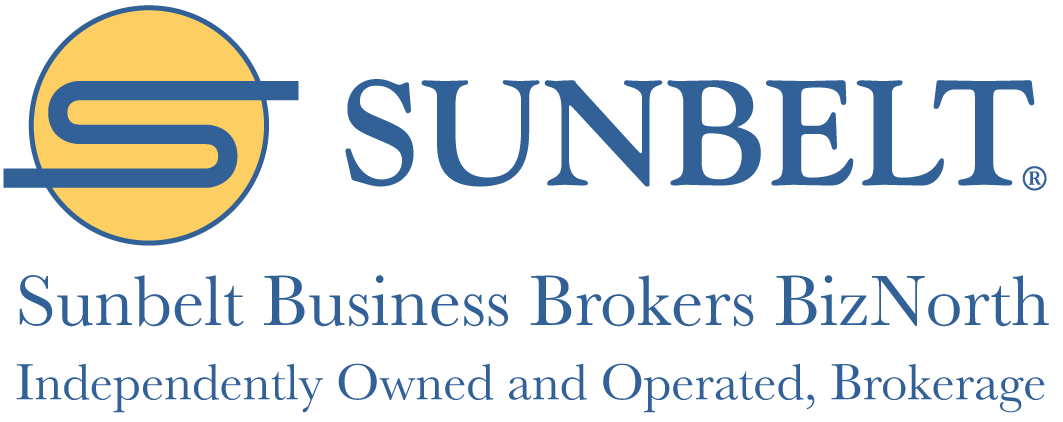

Sell Your Business With Confidence!
Selling a business is a complex and challenging process with serious financial, legal, tax & lifestyle implications. As the world’s largest and most successful network of business brokers, we provide outstanding resources, expertise, and are dedicated to providing you the best possible outcome.
Below you will find information on some of the key considerations to sell a business in Northern Ontario.
If you have any questions that we have not covered, please don’t hesitate to contact us.
Tips on Selling a Business
With such a healthy market of quality businesses in Canada, and half of those planning to transfer control within the next five years, it’s no surprise business owners will be selling into a very competitive marketplace.
Below are some tips for selling your business and protecting its value, so you can increase your personal wealth and reduce the taxes you will need to pay on the proceeds.
If you want to read more, download Insider Tips on Selling a Business in Canada.
For the best results, start planning early, allowing at least six months to analyze the business, two years to build value and take advantage of tax strategies to maximize the proceeds of the sale, and another year to sell. Unfortunately, not all business owners have the luxury to plan that far ahead, sometimes driven by unexpected circumstances. Every transaction that we work on is unique and tailored to the specific needs of our clients.
Identify changes and improvements you could make to add value. Training key employees and making yourself replaceable is a good place to start. A business is more attractive in the eyes of buyers when they know that there are resources in place to successfully run the business once ownership transfers.
Engage tax, accounting and estate professionals and work with them to structure your business so that you can maximize the proceeds of your sale and pay no more tax than necessary. The two primary tax structures in the sale of a business are the shares of a corporation and the assets of a business. Tax considerations and lead times differ with each option. The difference between the cost of the shares and the sale proceeds is considered a capital gain. By taking advantage of the lifetime capital gains exemption (LCGE), share owners can potentially receive capital gains on a tax-free basis. There is, however, a 24-month hold rule to claim capital gains exemption. Share ownership can be split among family members or placed in a family trust so that the tax benefit can be used by each member, thus allowing a much larger tax-free capital gain.
Engage an experienced business broker from a reputable firm. Business brokers understand the business sale process, know how to accurately price a business and find/work with buyers. A prudent business broker will maintain confidentiality throughout the sale process, successfully negotiate offers, manage the buyer’s due diligence and address other items that need careful balancing to bring the deal to a conclusion that works for all parties. Before engaging in this important transaction, you should request referrals or testimonials from successful transactions the broker has previously worked on.
Poor record keeping is one of the biggest roadblocks in selling a business. Ensure that your books, records and financial statements are up-to-date. Prepare at least three years’ worth of financial history. Documents need to be current and correct, demonstrating timely remittances and filings.
The Most Probable Selling Price (MPSP), prepared by our team for the seller’s eyes only, represents what your business would most probably sell for on an open market as is, in use, and in place. It factors the true earning potential of your business, the current state of your business, the associated risks and what the market is would be willing to pay for your business. A seller’s expectations need to be in line with the market reality in regards to the most probable selling price (MPSP) of the business, as well as the length of time it may take to sell the business. While there are many factors that affect the time that it will take to sell a business (the asking price, the buyer’s ability to secure financing to purchase the business, local economic conditions, the nature of the business and where it is located, etc.) a period of 6 to 18 months is typical.
Do you have other questions?
Be sure to visit Seller FAQs to answers to the following questions.
- How long does it take to sell my business?
- What can business brokers do – and, what can’t they do?
- What can I do to help sell my business?
- What happens when there is a buyer for my business?
- Why is seller financing so important to the sale of my business?


